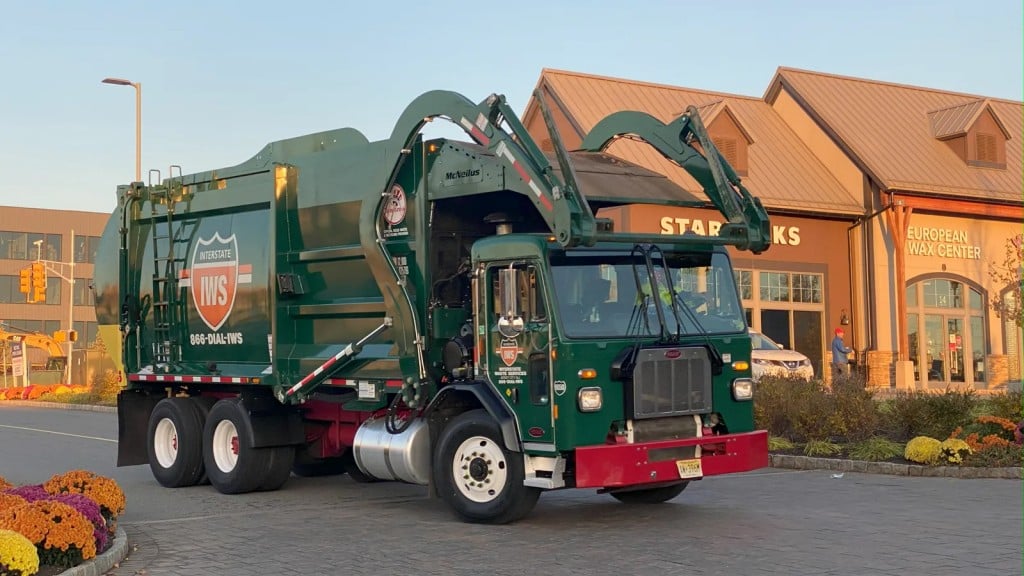ISRI Hails Resumption of U.S. Mint's Mutilated Coin Redemption Program as Major Victory for Recycling Industry
Program worth millions of dollars to the recycling industry

(Washington, DC) - The Institute of Scrap Recycling Industries (ISRI) has applauded a decision by the U.S. Mint to resume the Mutilated Coin Redemption Program after a nearly three-year suspension. The program is worth millions of dollars to the recycling industry which recovers coins left in end-of-life products turned over for scrap processing.
"The resumption of the U.S. Mint's Mutilated Coin Program is a significant victory for the many recyclers that rely on the recovery of coins as part of their business," said Robin Wiener, president of ISRI. "ISRI is extremely grateful to the Mint which worked closely with the industry to better understand the sorting and separating technologies used in scrap facilities, global trade flows, and other critical issues that will allow it to effectively implement this program."
Recycling facilities across the United States have been recovering coins from scrap for decades. The coins come from loose change left in cars or that has fallen between the seats, money left in vending machines and coin-operated laundry machines, and other sources. During shredding or other forms of processing the coins fall free or are purposefully recovered. As recycling technology has advanced the ability to accumulate coins in significant quantities has grown quickly, and is an integral part of many recycling companies' operations and product lines.
"The recycling industry is committed to working closely with the Mint on the success of this program," continued Wiener. "We share the common goal of the recovery and recycling of coins while protecting the integrity of the program."
Along with the resumption of the program, the U.S. Mint also announced a number of important revisions including the establishment of procedures for certifying participants based on submission amounts and frequency, sampling submissions to authenticate material, conducting site visits for certain participants, and requiring information about how the submissions came to be bent or partial.



